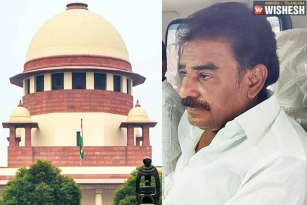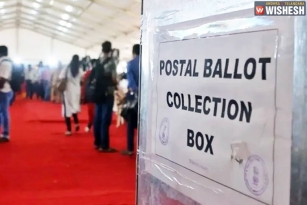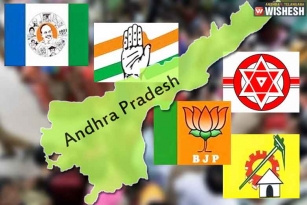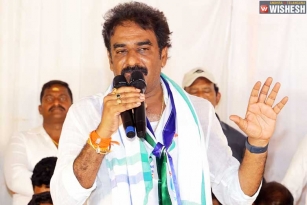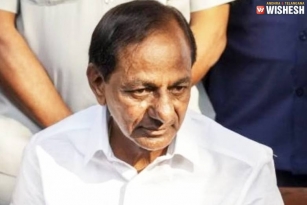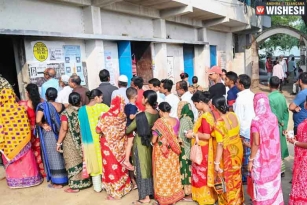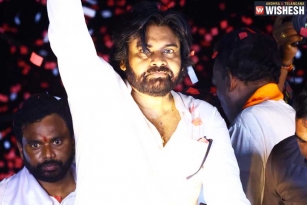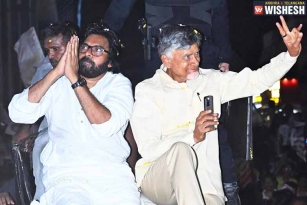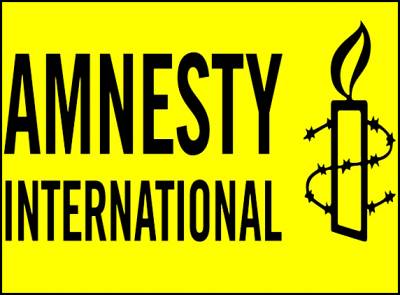
Nehru kin and former head of Amnesty International's gender unit, Gita Sahgal, slammed the Amnesty International for its continuing support to Kashmiri terror groups. She called up on Amnesty and other human rights NGOs "to live up to the standards they demand of others - be transparent, accountable and impartial".
Sahgal had quit the Amnesty in 2010 after an eight-year association, accusing it of "ideological bankruptcy" over its relations with the Islamist terror groups. She had objected to the Amnesty's dealings with Cage, an Islamist advocacy group headed by Moazzam Begg, a former Guantanamo Bay detainee and Britain's most famous supporter of the Taliban.
She said, "I think the sedition complaint is dangerous and designed to shut down organisations like Amnesty . But it's typical of Amnesty to claim to be neutral on `the right to self-determination' while giving more space to people who give it political support."
"As far as I know, they have never examined the full range of violations by both the state and the non- state actors. They have never looked at cross-border infiltration or the support to Kashmiri jihadi groups in Britain, including by their hero Moazzam Begg, whose bookshop published jihadi literature by a man called Dhiren Barot, glorifying the Kashmir jihad in the 90s as a means of establishing an Islamic state," Sahgal revealed.
Sahgal said, "Amnesty was always battling between people promoting jihadis and trying to get them included on research missions and treat jihadis as human rights defenders. It failed to examine Begg's early support for jihad when deciding to partner with him. Amnesty's history on Palestine is similar; it gives space to Hamas supporters rather than secular and human rights voices from Palestine."
"It is quite astonishing that an organisation that prides itself on the quality of its research, has supported numerous jihadis who have come to Britain from jihadi organisations in Algeria, Egypt, Libya and others; and managed to treat all of them simply as victims of state torture. The organisation never looked at their links with groups that commit grave human rights violations," Sahgal said.
By Premji


